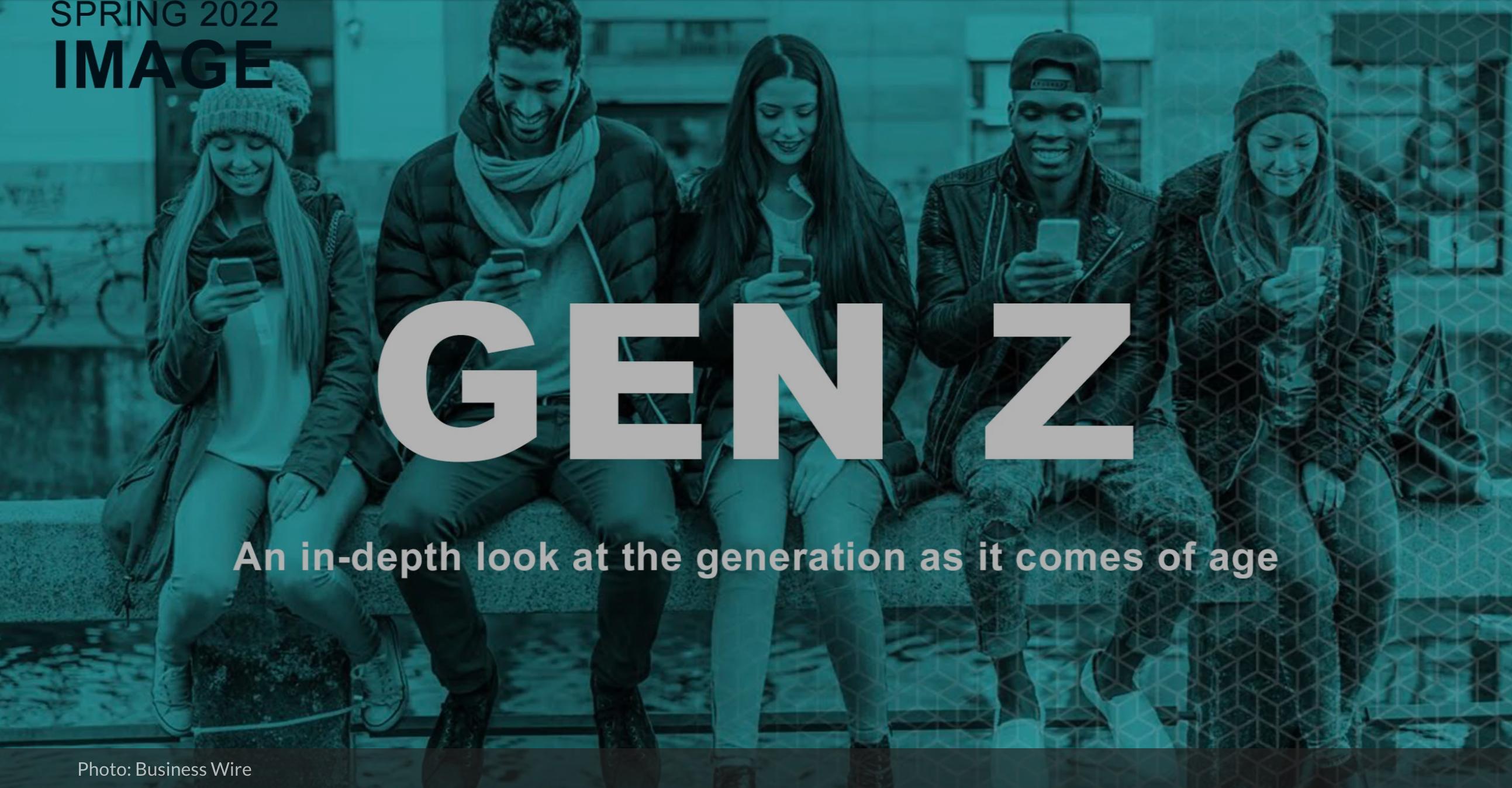You, Me & CRT
TCU students' understanding, acceptance of Critical Race Theory

A conversation of controversy
Critical Race Theory or CRT has swept the nation with conversation and controversy. Originally coined in the mid-1970s by legal scholar Derrick Bell, the term has grown to be applied in other sectors of society such as education.
In recent years, the term has become associated with liberalism for much of the American public. Since 2020, several conservative U.S. lawmakers have made efforts to ban or restrict the teaching of CRT in the public school system.
Beyond legislative efforts, some politicians, such as Virginia’s governor elect Glenn Youngkin, have used critical race theory as a focal point of their campaigns.
Thus, the topic has reached the dining room tables of many American households.
In Election Eve rally, Virginia gubernatorial candidate Glenn Youngkin (R) quotes Martin Luther King Jr. as a lead-in for “I will ban critical race theory” in the classroom.
— The Recount (@therecount) November 2, 2021
Yes, read that again. pic.twitter.com/5k4tWFvxqD
Unsurprisingly, national data on CRT among U.S. adults shows a consistent divide.
A recent USA Today/Suffolk Poll of 2,010 adults showed 49% of adults were in support of CRT with 30% opposed and 21% undecided.
When the term “Critical Race Theory” wasn’t used, however, and the question was instead posed with the verbiage of the “Ongoing effects of slavery and racism in the US,” 63% of adults were in support with 30% opposed and only 8% undecided.
You know what didn’t murder 3 children today?
— Fred Wellman (@FPWellman) December 1, 2021
Critical Race Theory.
But how is this data similar or different among the younger generation - specifically the children of U.S. adults ages 18-22? The following research was conducted with that question in mind and aims to provide deeper insight as to the level of understanding and acceptance of CRT among students at TCU, a southern private university. A survey of TCU students, supplemented by interviews of students and faculty, culminate the results and conclusions of this research.

Then-Republican gubernatorial candidate Glenn Youngkin addresses supporters at a campaign rally in Leesburg, Va (Nov. 2021). Republicans plan to forcefully oppose race and diversity curricula in public schools as a core piece of their strategy in the 2022 midterm elections. The party is supercharging a message that helped catapult Republican Glenn Youngkin to a win in Virginia’s governor’s race. (AP Photo/Cliff Owen)
Then-Republican gubernatorial candidate Glenn Youngkin addresses supporters at a campaign rally in Leesburg, Va (Nov. 2021). Republicans plan to forcefully oppose race and diversity curricula in public schools as a core piece of their strategy in the 2022 midterm elections. The party is supercharging a message that helped catapult Republican Glenn Youngkin to a win in Virginia’s governor’s race. (AP Photo/Cliff Owen)
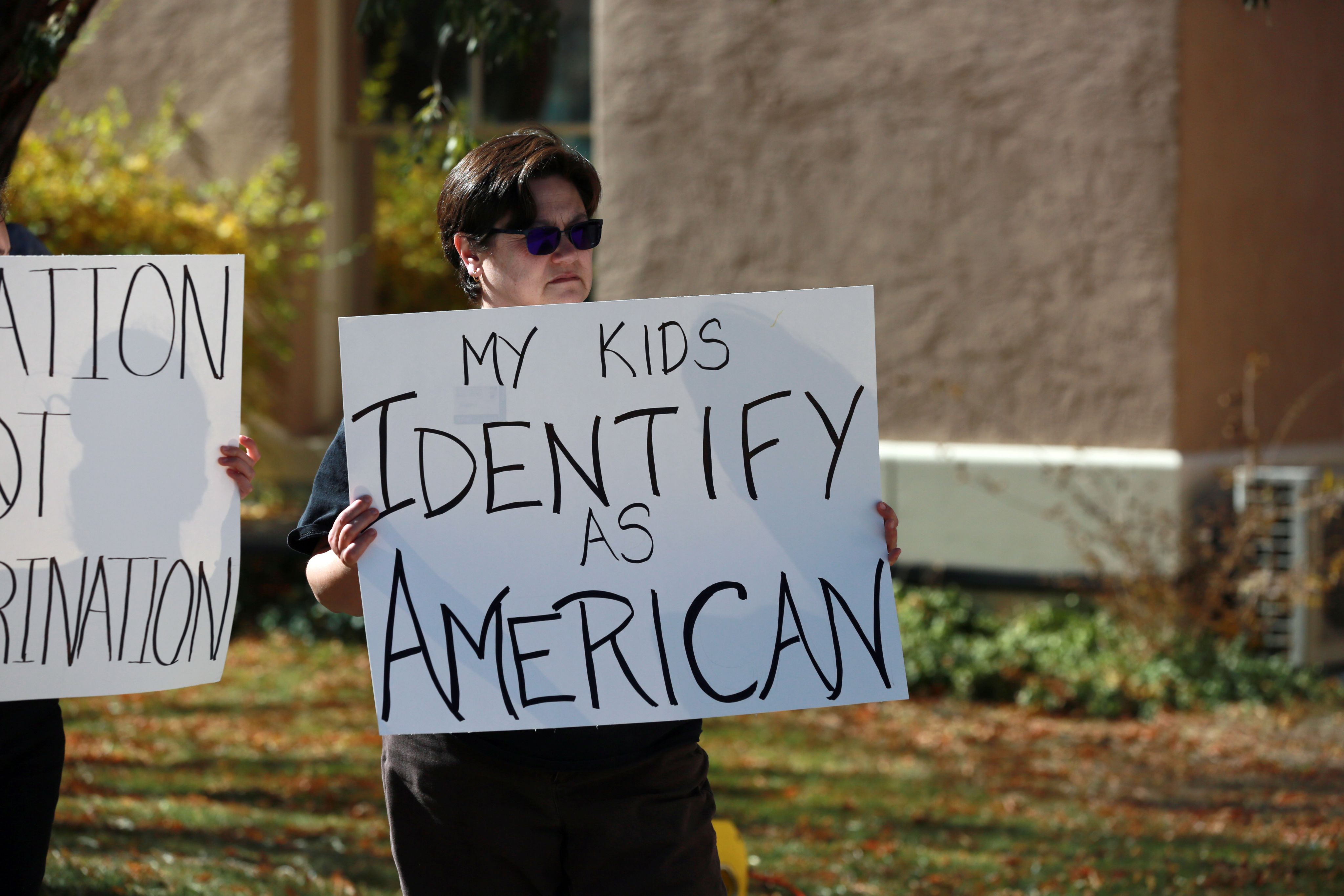
People protest outside the offices of the New Mexico Public Education Department's office, Friday, Nov. 12, 2021, in Albuquerque, New Mexico. The education department proposed changes to the social studies curriculum that critics describe as a veiled attempt to teach critical race theory. Supporters say the new curriculum, which includes ethnic studies, is "anti-racist." (AP Photo/Cedar Attanasio)
People protest outside the offices of the New Mexico Public Education Department's office, Friday, Nov. 12, 2021, in Albuquerque, New Mexico. The education department proposed changes to the social studies curriculum that critics describe as a veiled attempt to teach critical race theory. Supporters say the new curriculum, which includes ethnic studies, is "anti-racist." (AP Photo/Cedar Attanasio)
By The numbers:
Seventy TCU students completed an anonymous survey in November 2021 regarding their understanding and acceptance of CRT. The survey was disseminated using snowball sampling - first shared with the researcher's immediate peers who then shared it with their own friends and colleagues.
The survey participants reflected a wide range of disciplines ranging from business to musical theatre. Students are represented from each of TCU's eight academic colleges.
Demographics of the survey participants are similar to TCU's student makeup. For example, 40% of survey participants were students of color. Comparably, TCU's student population is approximately 33% students of color. In a similar vein, survey participants were largely women - 70%. For reference, women make up 60% of TCU's student body.
Overall, the majority of students, approximately 73%, said the following best aligns with their understanding of CRT - "Racism is not just the product of individual bias or prejudice, but something embedded in legal systems and policies."
Notably, about 13% of students said they feel CRT is "a divisive discourse that pits people of color against white people." Ten percent said they were not familiar with the concept at all.
Participants were also asked whether they think CRT should be integrated into school curriculum and, if so, to what extent.
Approximately 59% said they feel it should, while 20% were indifferent. Around 17%, however, said they do not feel CRT should be integrated at all. About 4% said they would support a ban of CRT entirely.
The final question, which was voluntary, asked students to share any comments they had on the topic; 23% of students chose to do so.
One student wrote: "CRT is a way of teaching about how race has shaped our culture, not going against white people. It’s the action of showcasing different perspectives in order for us to make an educated opinion about what happened and what we could’ve done better for future similar situations."
Another student wrote: "From my perspective, CRT is generally a negative way to perceive the world. I think it would be more beneficial to focus on ways to repair race relations in the USA rather than focus on how bad the system is. Like that’s great, but how can we actually fix it?"
Photo: Courtesy of TCU Facebook

A critical look
Dr. Lynn Hampton has been utilizing CRT as an academic long before it became a national hot topic. Hampton, a professor in TCU's John V. Roach Honors College, designs and teaches courses centered around racial disparities.
Teaching in the Honors College, specifically, is a joy for Hampton because it brings together students from a wide range of disciplines.
"I like that I can teach classes that bring these students together in the same classroom and then develop courses that are interdisciplinary focused but also have them work collaboratively on certain types of projects that allow for those different perspectives to be integrated," Hampton said.
Hampton's most popular course at TCU, "Beyoncé and Intersectionality," uses Beyoncé and her music as a framework for understanding issues of race, class and gender.
But where does CRT come into play and why does Hampton use it as a way to educate her students?
Hampton uses CRT as a "theoretical framework" in her courses, but says it is not a specific course or curriculum like many people believe.
In fact, Hampton finds that much of the public resistance towards CRT is rooted in misconceptions.
Sabrina Jones, a junior biology major at TCU, has seen racial misconceptions addressed and corrected in Dr. Hampton's classes. Jones has taken two courses with Hampton, most recently a #BlackLivesMatter class.
"I specifically remember this one time in class a girl said, 'I've never seen my skin color as a defining factor. Whenever I walk into stores, et cetera, I don't feel like my skin has ever given me a privilege, but now that I'm in this course, reading these articles, and seeing these documentaries I'm realizing that people of color live in a completely different world. Everywhere they go they have to question whether or not they'll be accepted in a space, are they going to be looked at when they walk into a store, are they going to be seen as a janitor even though they're a doctor in the building,'" Jones said.
Jones said she found this student's perspective and growth to be fascinating.
"I really enjoyed seeing the growth of especially the white students in the class," Jones said.
To Jones' surprise, she said the #BlackLivesMatter class consisted of majority white students.
"In the Black Lives Matter class, there were only three students of color and the rest were white. You have to sign up to take the course, it is not a requirement," Jones said. "They came in knowing nothing - they admitted that openly."
Jones, a Black woman, admitted she too had a lot to learn in taking Hampton's courses.
"Both classes were very beneficial to me, even identifying as a person of color. You can be a person of color and still learn more about people of color," Jones said.
At the end of the day, Hampton said she seeks to create space for dialogue and understanding in her courses.
“I don’t take it for granted that I’m teaching future business leaders, CEOs, educators, people working in the criminal justice system, science and engineering," Hampton said.
"Every time I come into the classroom I think ‘I could be teaching the next senator from somebody’s state,’ and I want them to recognize and understand what intersectionality is really about,” Hampton said.
Photo 1: Lynn Hampton, assistant professor of professional practice in the John V. Roach Honors College, teaches classes on engaging difference and diversity. Photo by Glen E. Ellman
Photo 2: Lynn Hampton. Photo by TCU.
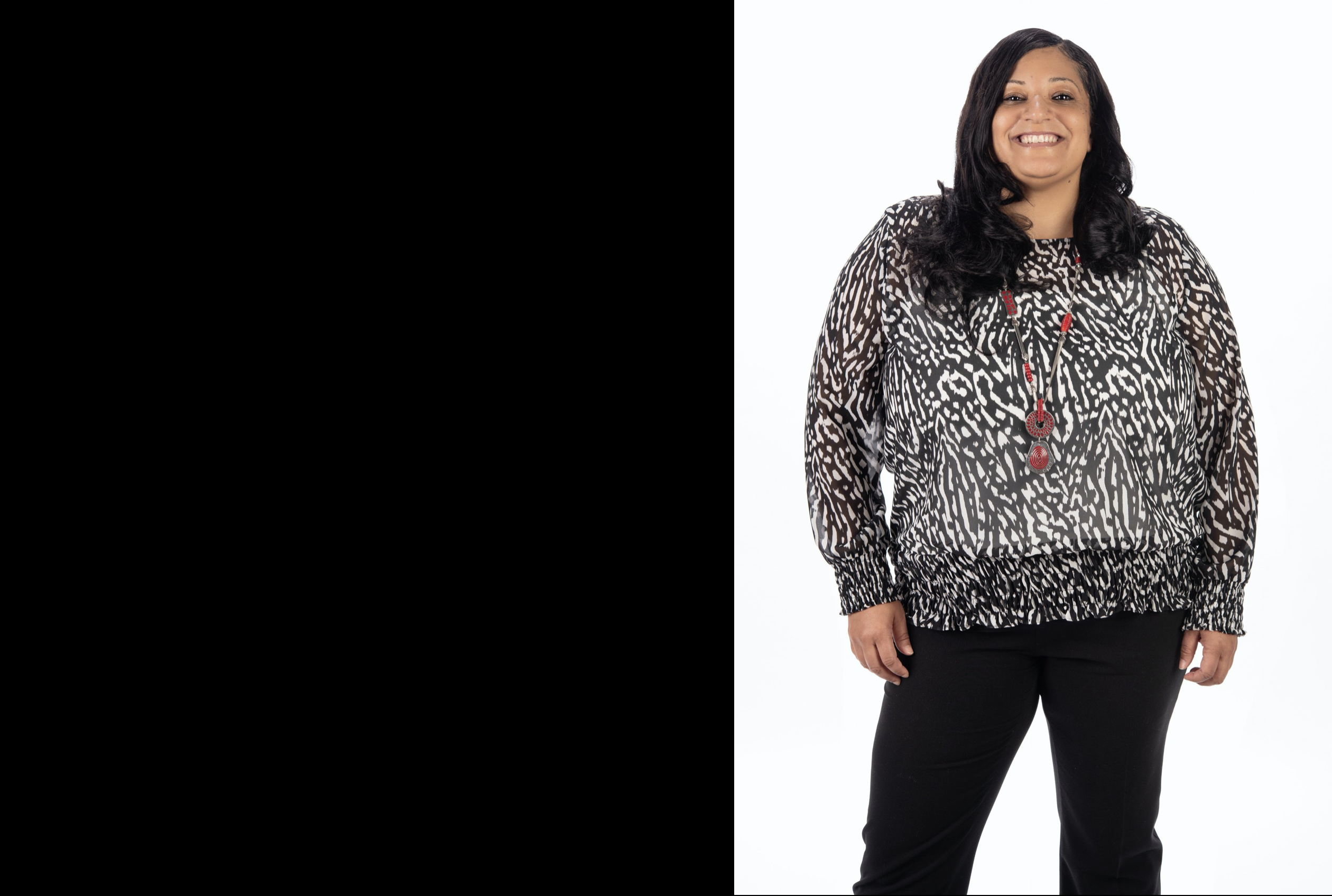
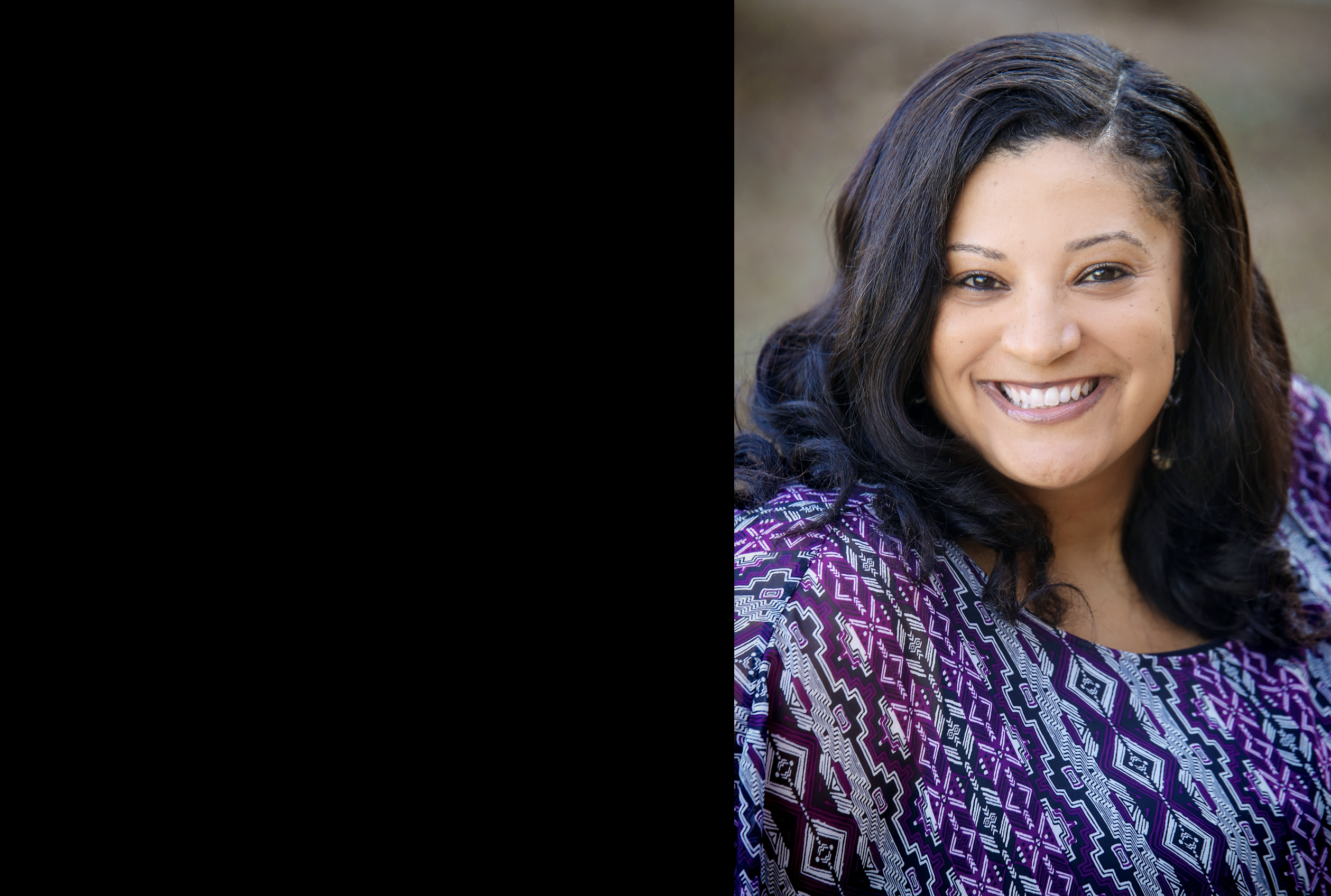
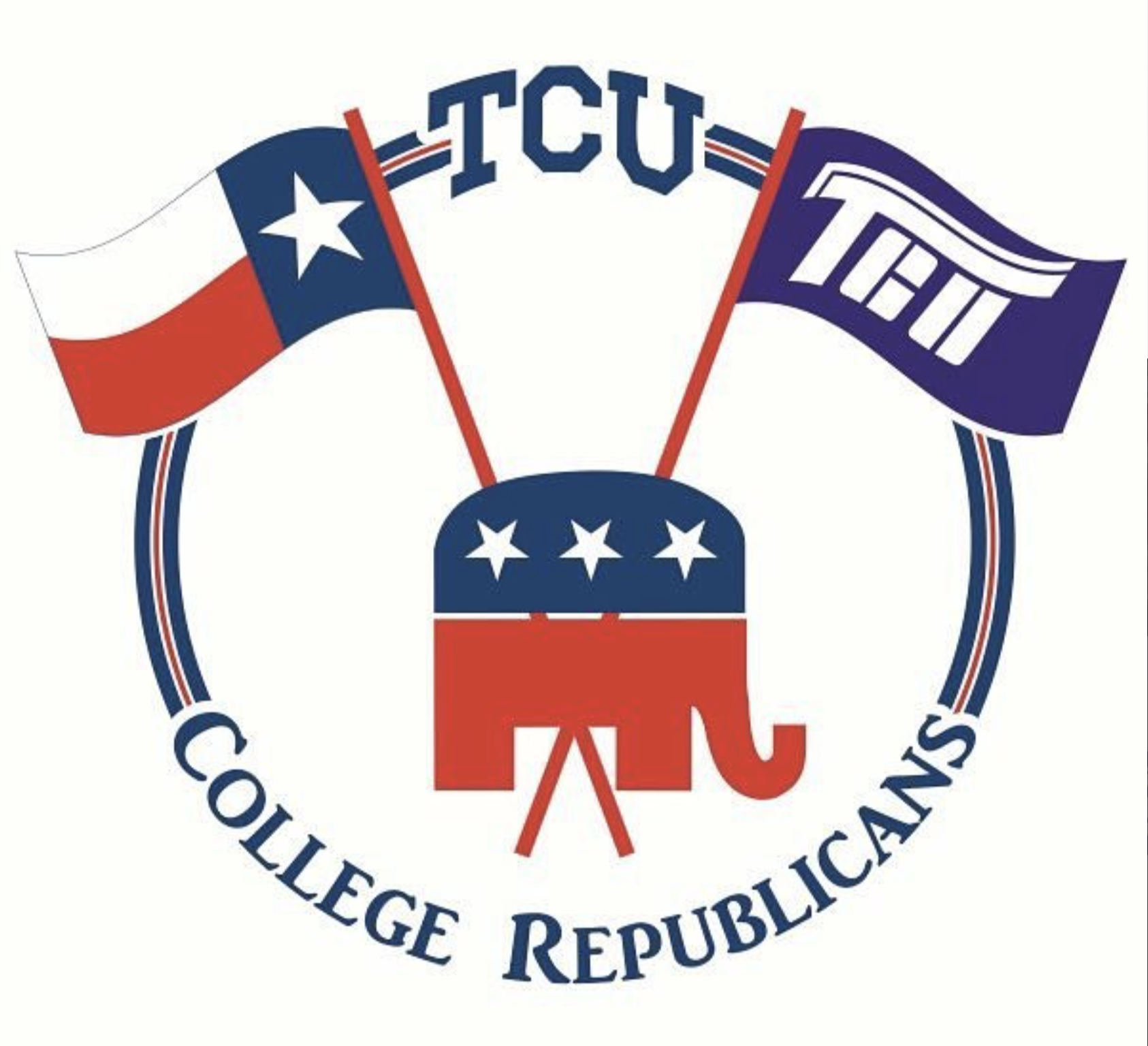
TCU College Republicans' Logo. Photo courtesy TCU College Republicans Instagram
TCU College Republicans' Logo. Photo courtesy TCU College Republicans Instagram
CRT: A counterargument
Of course, sharp opponents of CRT also exist on TCU's campus. TCU College Republicans, for example, represents a portion of that campus voice.
https://t.co/dxHUvYs1vo pic.twitter.com/vLrpXTMgqq
— Texas Federation of College Republicans (@txfcr) July 3, 2021
The group canceled its initial interview and, ultimately, declined to answer written questions regarding CRT citing "time" constraints.
But opponents of CRT provide a stark contrast to the purpose of CRT illuminated by Dr. Hampton.
National conservative platform Turning Point USA is in such strong opposition of CRT that the organization launched a nationwide "Exposing Critical Racism Tour," seeking to share how CRT is "the most racist thing that is being spread in popular life in America." TPUSA believes the concept attempts to divide students based on their racial identities.
"If America doesn't kill critical race theory, critical race theory will kill America," the organization website states.
Conclusions
Several major conclusions can be drawn from this research. Overall, the majority of TCU students share an academic definition of CRT and support its integration into curriculum.
Women at TCU tend to be more understanding and accepting of CRT than men. In general, students of color tend to be more understanding and accepting of the topic than white students. Moreover, students in the colleges of liberal arts and fine arts are more likely to be familiar with and accepting of CRT than students in other colleges.
The data also suggests that college aged students are more familiar with and accepting of CRT than their parents' age group. This theme is consistent with national data, which shows college students (Generation Z) tend to be more progressive than their parents.
There are, of course, some limitations to the data collected from this research. The survey, for example, was voluntary and, therefore, students interested and or knowledgeable in the topic were likely more apt to participate.
Notably, TCU is a predominantly white institution with a median family income of $187,300. This university profile, of course, comes with a certain level of privilege not applicable to many colleges and universities in the U.S. The results of this research, therefore, cannot be generally applied to students at all universities, or even all southern institutions.
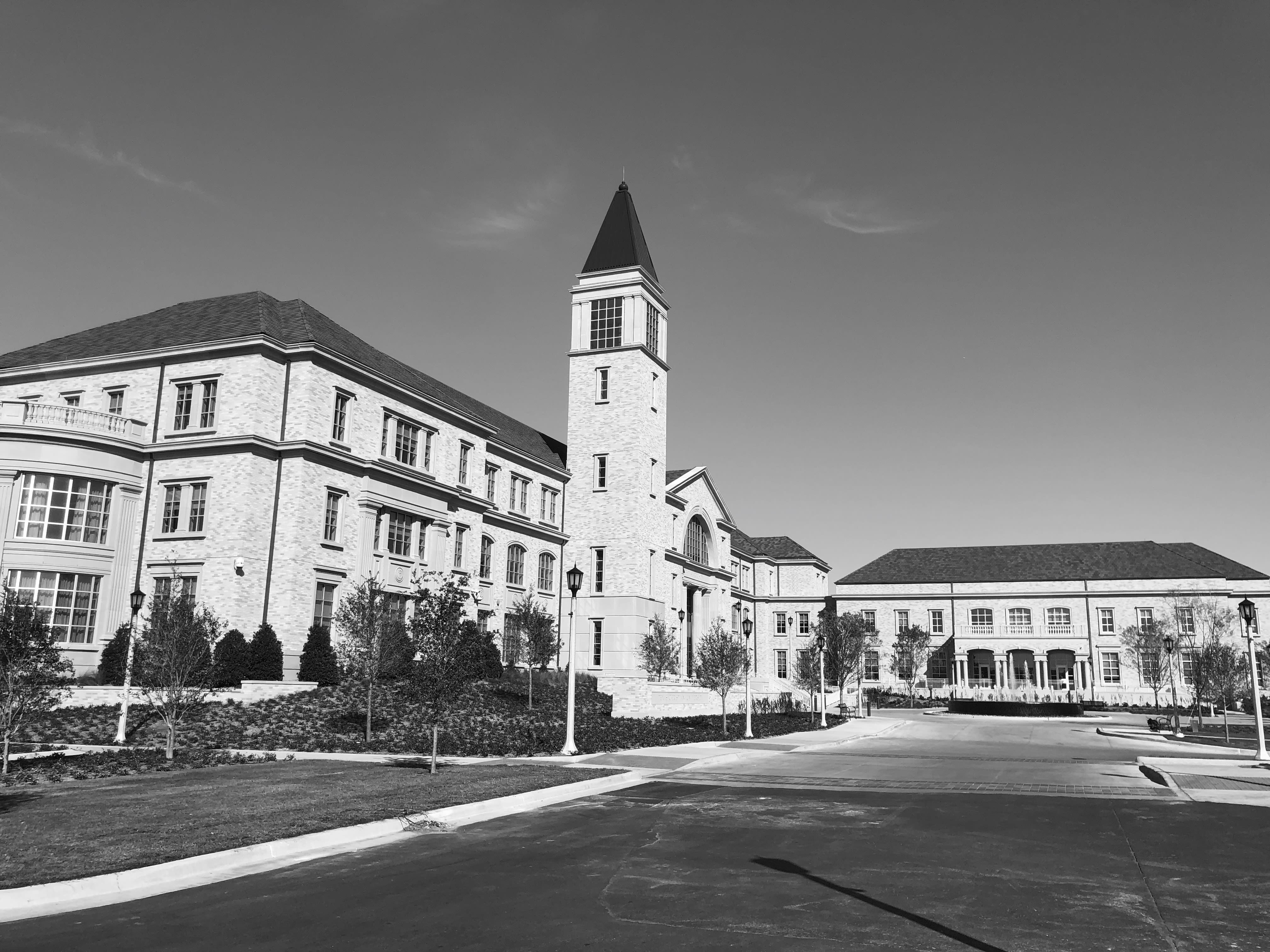
References:
George, J. (2021, January 11). A Lesson on Critical Race Theory. Americanbar.org. Retrieved October 21, 2021, from https://www.americanbar.org/groups/crsj/publications/human_rights_magazine_home/civil-rights-reimagining-policing/a-lesson-on-critical-race-theory/.
McGee, K. (2021, June 15). Texas "critical race theory" bill limiting teaching of current events signed into law. The Texas Tribune. Retrieved November 23, 2021, from https://www.texastribune.org/2021/06/15/abbott-critical-race-theory-law/.
Morris, K. (2021, October 24). Glenn Youngkin vows to ban critical race theory if elected Virginia governor. Fox News. Retrieved November 3, 2021, from https://www.foxnews.com/politics/glenn-youngkin-critical-race-theory-ban-elected-virginia-governor.
Parker, K., & Igielnik, R. (2021, July 14). What we know about gen Z so far. Pew Research Center's Social & Demographic Trends Project. Retrieved November 14, 2021, from https://www.pewresearch.org/social-trends/2020/05/14/on-the-cusp-of-adulthood-and-facing-an-uncertain-future-what-we-know-about-gen-z-so-far-2/.
Pittmann, C., & Hampton, L. (2021, October 8). A Conversation on Critical Race Theory. personal.
Pittmann, C., & Jones, Sabrina. (2021, November 1). A Conversation on Critical Race Theory. personal.
Richards, E., & Wong, A. (2021, November 3). Parents want kids to learn about ongoing effects of slavery – but not critical race theory. they're the same thing. USA Today. Retrieved November 10, 2021, from https://www.usatoday.com/story/news/education/2021/09/10/crt-schools-education-racism-slavery-poll/5772418001/.
Richard Delgado, Jean Stefancic, Critical Race Theory: Past, Present, and Future, Current Legal Problems, Volume 51, Issue 1, 1998, Pages 467–491, https://doi.org/10.1093/clp/51.1.467
